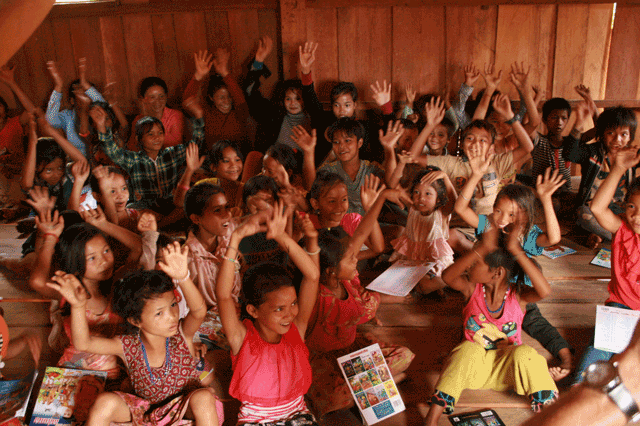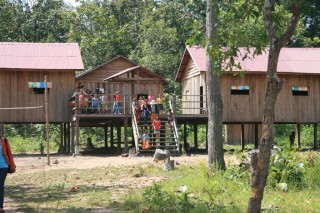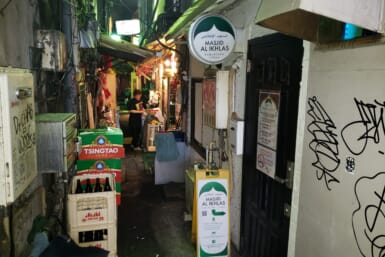The British School in Tokyo joins forces with United World Schools to bring education to the world’s poorest communities.
By Brian Christian, Principal of the British School in Tokyo
Two years ago I was introduced to the work being done with some of the world’s poorest and most vulnerable children by a remarkable charitable organization—United World Schools. It defies belief that in 2015 a staggering 58 million 6–11 year-olds still have no access to school and that a further 63 million, or 17% of the world’s young teenagers, are out of school. Something has to be done and the team at UWS is leading the way.
“We work with communities to build schools and develop local teachers, providing a low cost and sustainable way to teach the unreached.”
The UWS mission statement says it all and, having now built and opened no fewer
than 20 schools in remote rural regions of Cambodia where it offers an education to more than 4,000 young people, it can certainly claim to be transforming lives in a very real and practical sense. I am proud to say that the newest of these schools, opened last autumn in Dor Village, Ratanakiri Province, is sponsored and will be sustained by the community of The British School in Tokyo.
To build the school we had to raise an initial sum of twenty thousand US dollars, but for our students and wider community this is so much more than a one-off charity fund-raising exercise. Over the next ten years we will continue to support the children and teachers in the village and build on our links with our Cambodian sister school. There will be visits and exchanges, and I am firmly of the opinion that our young people here at BST will gain as much from the relationship as the village children.
Through the work of United World Schools in Cambodia, and more recently in Myanmar and Nepal, more than 5,000 children now receive the education which should be their right, but which would otherwise have been beyond their reach. Take, for example, the story of Pros. He had never been to school and could only speak his own tribal language. He spent his childhood looking after his younger siblings and tending the water buffalo. In 2009 UWS built a school in his village. Pros is now bilingual and can read and write in Khmer. He continues to look after the water buffalo but now he takes his younger siblings to school with him.
Chris Howarth, Director and founder of United World Schools, understands what education can mean for children like Pros. Working in this way, we see cycles of poverty being broken. Through the simple opportunity of being able to go to school, we see children’s lives and whole communities being transformed.
When so many in our world have so little and so much is given to so few, it is surely more important than ever that our own education should take us beyond the narrow confines of our comfortable lives and help us to stand in the shoes of others. With UWS I believe that we can do just that.
To learn more about the work of United World Schools, please visit their website: www.unitedworldschools.org and, if you would like to know how you can help The British School in Tokyo support and maintain Dor Village School, do contact the Principal, Brian Christian: [email protected]










